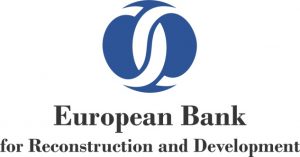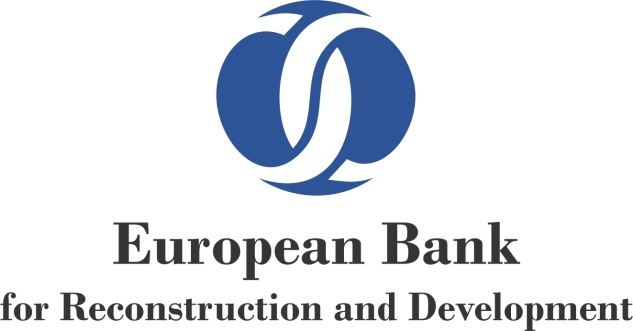 The European Bank for Reconstruction and Development (EBRD) has invested in 2016 more than €1.3 billion in 41 projects in Morocco, Tunisia, Egypt & Jordan.
The European Bank for Reconstruction and Development (EBRD) has invested in 2016 more than €1.3 billion in 41 projects in Morocco, Tunisia, Egypt & Jordan.
The investments were made in the energy and renewable energy sectors, as well as in infrastructure, agribusiness and small and medium-sized enterprises (SMEs.)
Hildegard Gacek, EBRD Managing Director for the SEMED region said: “2016 was marked by the Bank’s refugee crisis response and by our significant role in developing the renewable energy program in Jordan and implementing the energy efficiency framework across the region following the Bank’s Green Economy Transition approach.”
He also said that the Bank’s investments were accompanied by technical assistance and policy dialogue to improve the business environment and thus attract more private sector investors to the region.
In Morocco, the Bank provided a €24 million loan to Elephant Vert, a local producer of bio-fertilizers, bio-pesticides and bio-stimulants, supporting the increased use of sustainable climate-friendly agricultural inputs and contributing to the switch from chemical fertilizers. This is expected to lead to significant greenhouse gas emission savings.
In Tunisia, EBRD is continuing to support small businesses and provided a TND 4 million (€1.6 million equivalent) loan to the local microfinance institution Microcred Tunisie S.A. for on-lending to micro, small and medium-sized enterprises, with a particular focus on the development of poorer regions and women-led businesses, supporting job creation.
Last year, the Bank provided a € 131.3 million financial package to QNB Alahli bank for on-lending to SMEs and energy efficiency projects in Egypt supporting the development of the country’s private sector.
In Jordan, the Bank financed six large-scale renewable energy projects worth more than 400 MW of total capacity in its effort to bolster energy security and promote renewable sources of energy.
To ease the pressure caused by the Syrian refugee crisis in the Middle East, the EBRD provided a loan of €50 million to the Greater Amman Municipality (GAM) to finance solid waste infrastructure that is urgently needed in the country’s capital to increase its capacity as well as to strengthen long-term resilience.
Across the whole EBRD region, the Bank continued to deliver strong support in 2016 with a powerful program of investments that helped modernize economies and make them more robust and resilient.
At the beginning of 2017, the EBRD introduced the concept of transition qualities. The Bank says it believes that a well-functioning market economy should be more than just competitive; it should also be inclusive, well-governed, environmentally friendly, resilient and integrated.
